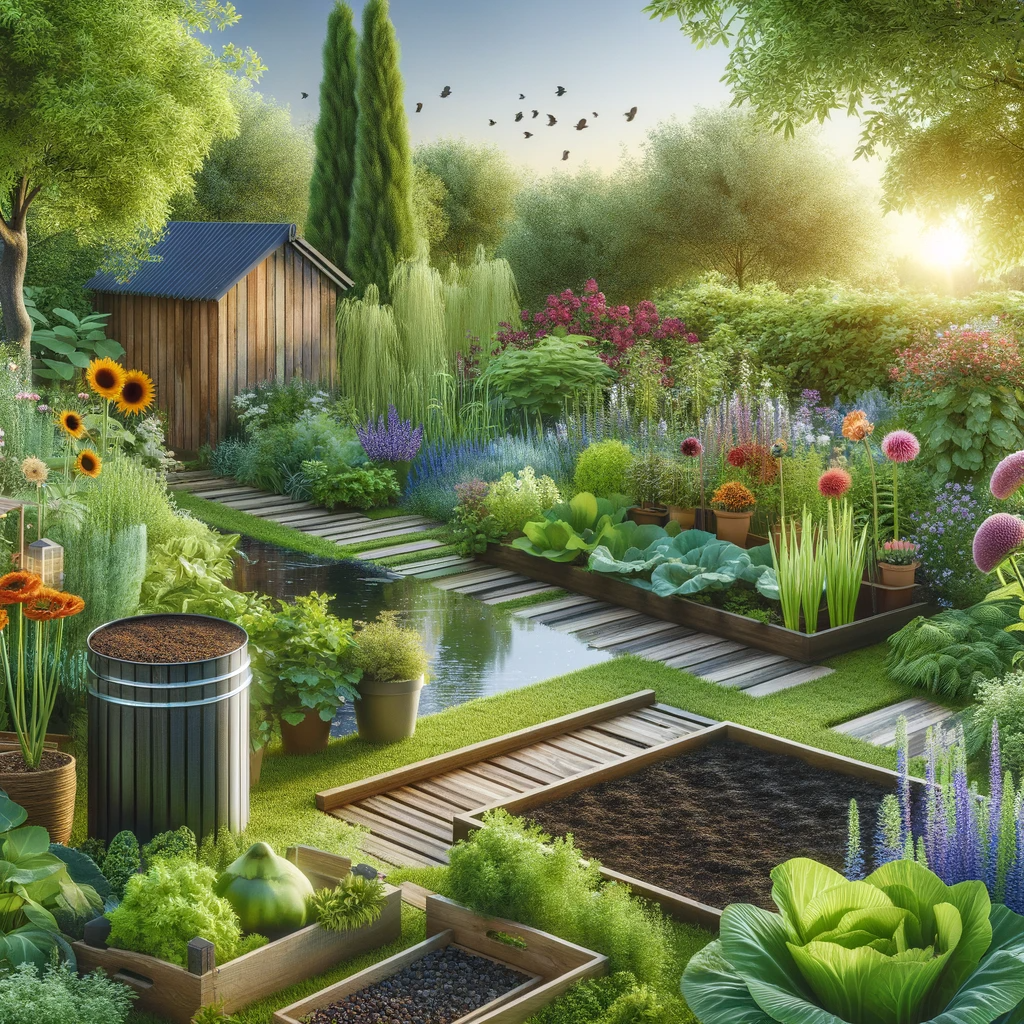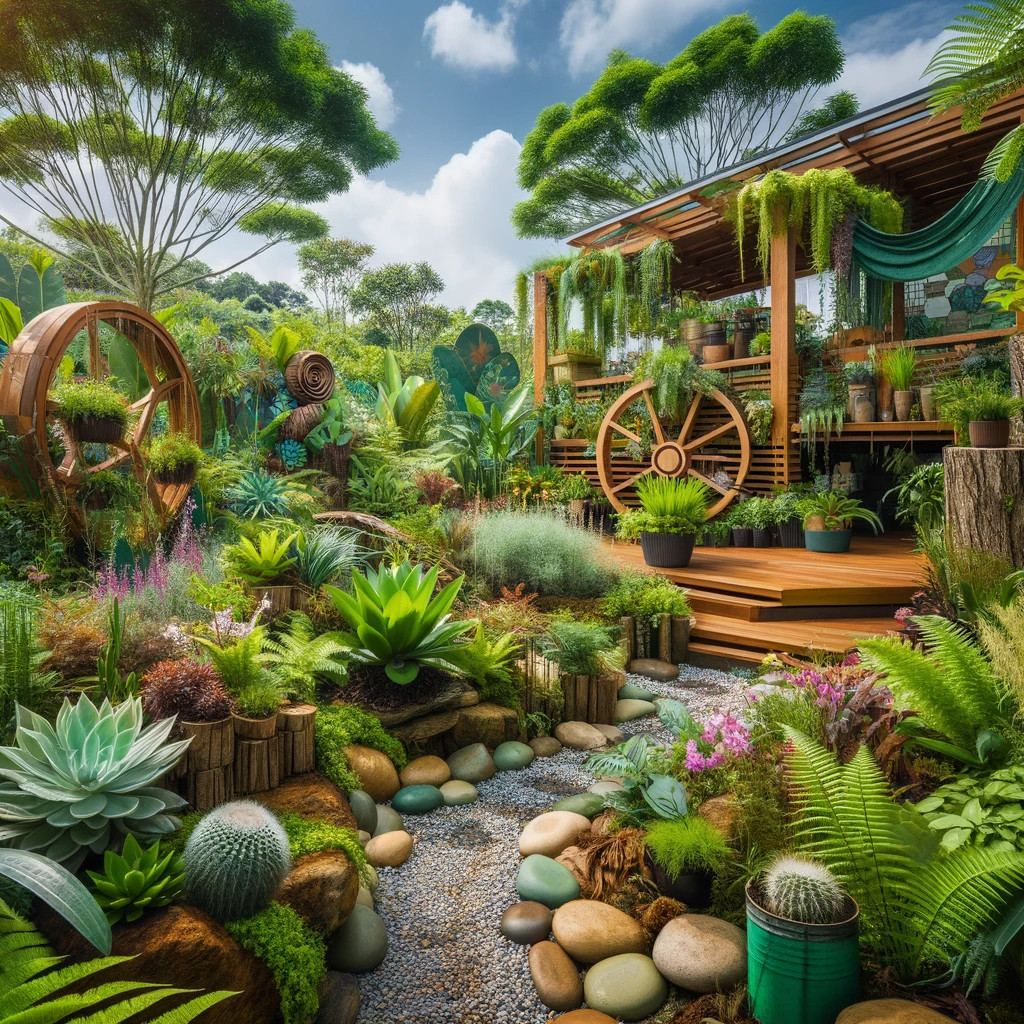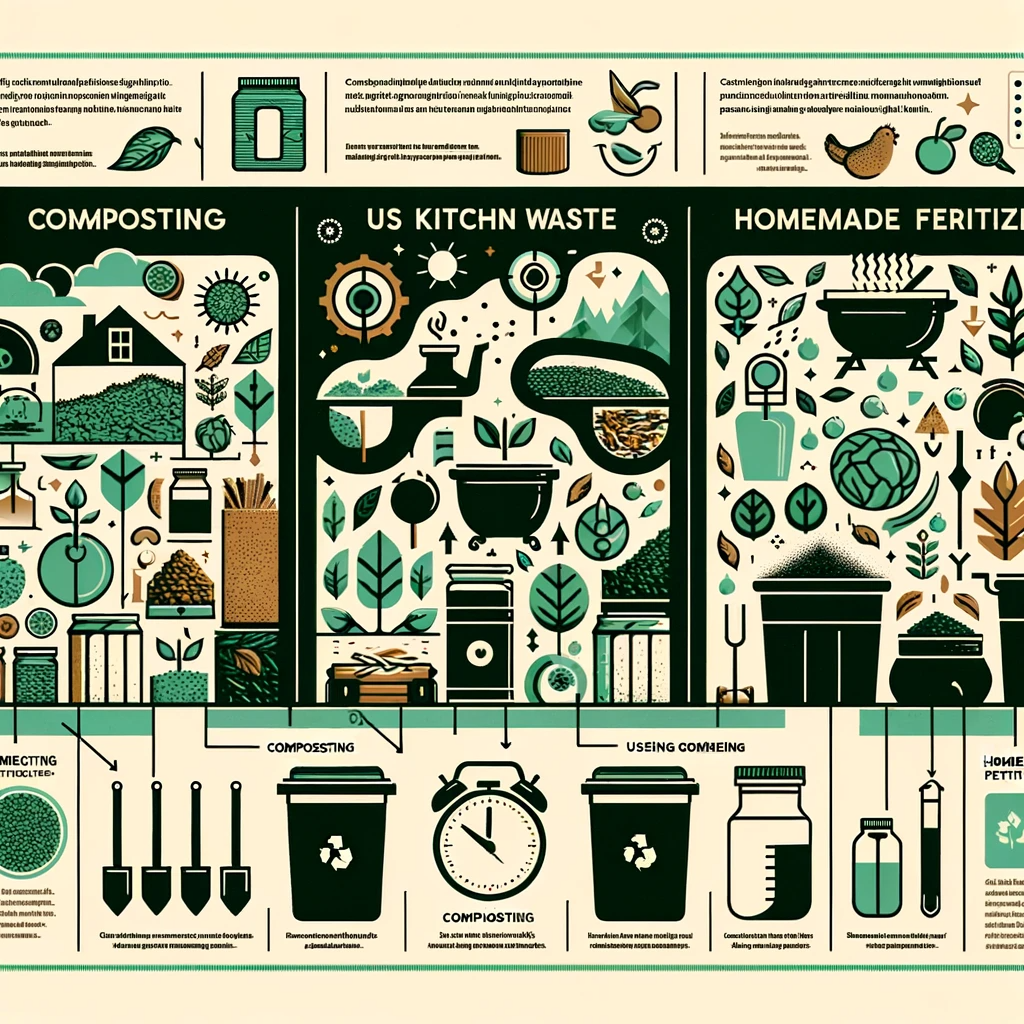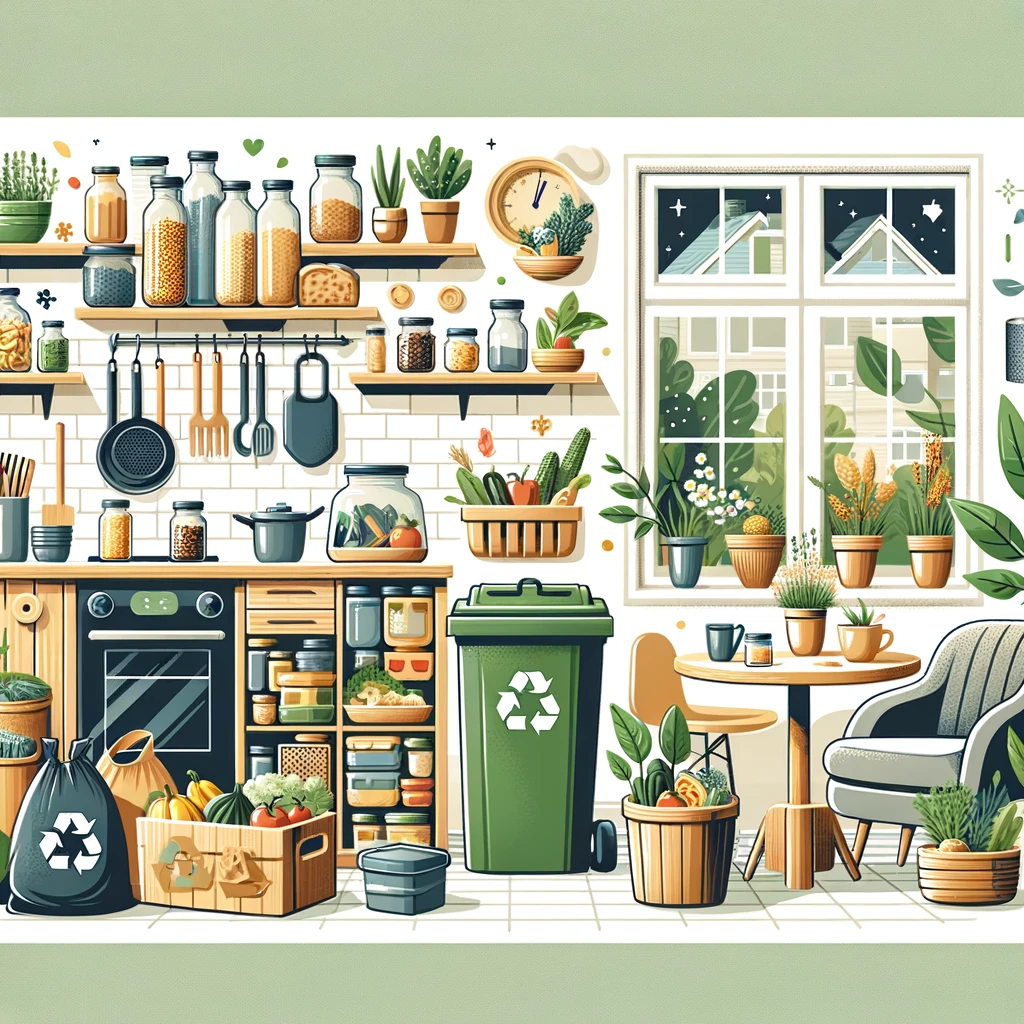In the world of gardening, embracing eco-friendly gardening practices is not just a trend but a vital approach to preserving our environment. Eco-friendly gardening involves methods that are not only beneficial to the earth but also to the well-being of its inhabitants. In this article, we will explore various eco-friendly gardening practices and how you can implement them in your own garden.
1. Utilizing Local Plant Species: One of the key aspects of eco-friendly gardening practices is the use of local plant species. These plants are adapted to the local climate and soil conditions, requiring less water and care compared to non-native species.
2. Avoiding Chemical Pesticides: Another significant element of eco-friendly gardening is avoiding the use of chemical pesticides. Instead, opt for natural pest control methods such as companion planting, beneficial insects, and organic sprays.
3. Composting: Composting is a cornerstone of eco-friendly gardening practices. By composting kitchen scraps and yard waste, you can create nutrient-rich soil for your garden, reducing waste and the need for chemical fertilizers.
4. Water Conservation: In eco-friendly gardening, water conservation is crucial. Techniques such as rainwater harvesting, drip irrigation, and choosing drought-resistant plants can significantly reduce water usage.
5. Promoting Biodiversity: Eco-friendly gardening practices also involve creating a habitat that supports biodiversity. Planting a variety of species, creating insect hotels, and providing natural water sources can attract beneficial wildlife to your garden.
6. Sustainable Garden Design: Lastly, sustainable garden design is an integral part of eco-friendly gardening. This includes using recycled materials for garden beds, paths, and decorations, and planning your garden layout to make the most of natural light and shade.
Implementing eco-friendly gardening practices is not only beneficial for the environment but also for your health and the local ecosystem. By adopting these practices, you can create a beautiful, sustainable, and thriving garden that contributes positively to the world around you.










